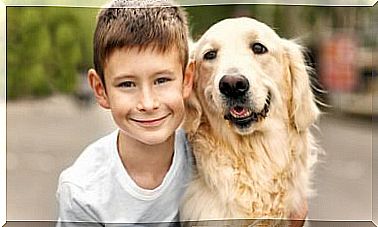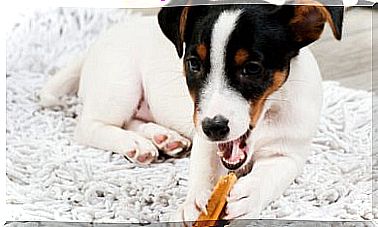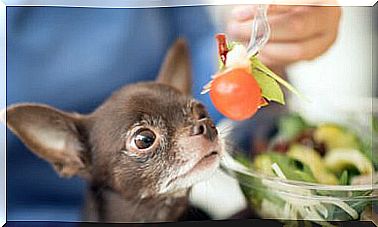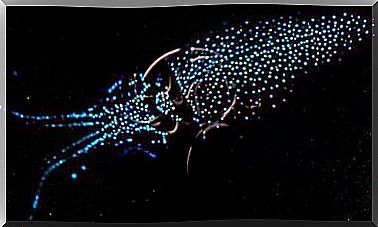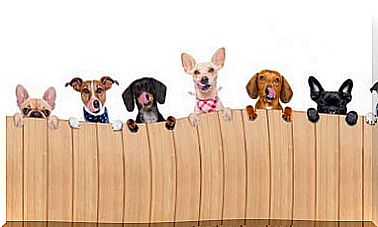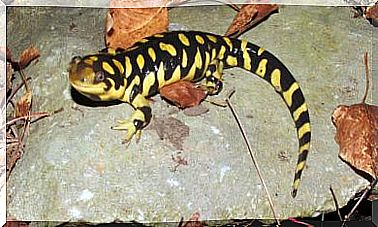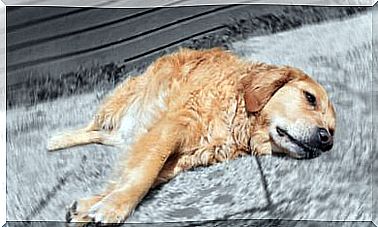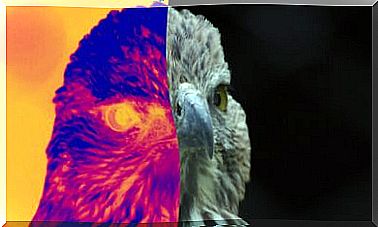Neighborhood Relationships Between Animal Owners
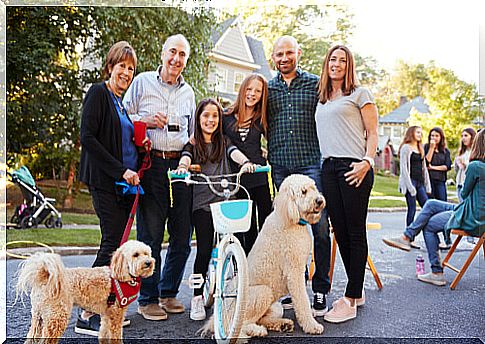
Currently, there are more than 20 million pets in Spain, which are present in 40% of Spanish households. As a large part of the urban population lives in flats, neighborhood relations are increasingly affected by problems involving companion animals.
Logically, when we adopt an animal we do not intend or need to enter into conflicts with third parties. But if we are not aware of the responsibilities involved in their upbringing, our adorable pet can end up being a nuisance to the neighbors.
To analyze the integration of pets in the neighborhood, below we will see the possible legal implications of the nuisance caused by animals, and also some tips to avoid this type of problem.
Neighborhood relations and pets: what does the Spanish law say?
In Spain there is no law that specifically talks about neighborhood relations between pet owners. However, the Horizontal Property Law, published on July 21, 1969, includes all the regulations in force in the country regarding housing and coexistence in neighboring communities.
The first thing to be clear about is that it does not provide for the prohibition of keeping domestic animals inside homes. In other words, the owners have every right to share their property with pets. Likewise, it is established that municipalities can determine a maximum number of animals that can live together in the same address.
On the other hand, said law expresses textually that the horizontal property regime is oriented from:
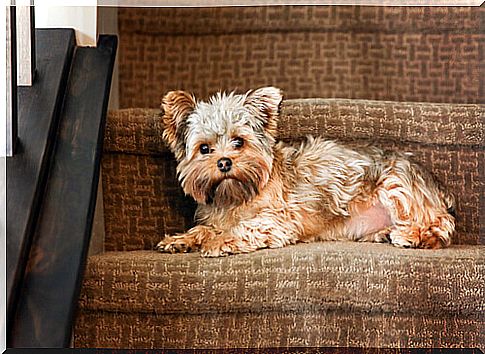
Therefore, it is understood that, when the possession of pets leads to any harm or damage to the neighbors or to the housing complex, the owner may be penalized for not complying with the rules that base a peaceful coexistence.
Can neighborhood communities prohibit the keeping of animals?
Spanish legislation allows each neighborhood community to establish some rules of coexistence to ensure that all residents enjoy a healthy and comfortable environment. Said regulations mainly regulate common spaces, but can also intervene if the permanence of the animal damages neighborhood relations.
Neighborhood councils can unanimously prohibit pet ownership on the property. However, the owners can request the challenge of said rule; Spanish laws do not provide for such a prohibition and the individual right of the owner of the animal prevails.
Likewise, the neighborhood community can take legal measures against the owner to stop inappropriate activities, according to the rules of good coexistence. When we talk about pets, this may mean controlling excessive barking, bad smells or damage caused by the animal to the common heritage or third parties.
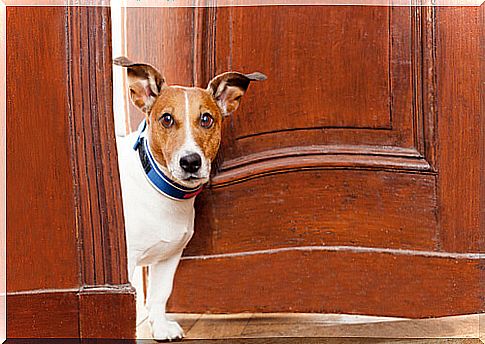
What legal actions are applicable to neighborhood conflicts involving pets?
Initially, the president of the neighborhood community must inform the owner about the discomfort caused by his pet, for which he must request its immediate cessation. In this act you must also inform that, if the inconvenience persists, legal actions may be initiated.
If the landlord does not take concrete action, the neighborhood board can file an injunction against him. If approved, said action legally condemns the owner to cease the denounced conduct and prohibits its repetition. Likewise, before initiating such legal action, it is necessary to gather evidence of the inappropriate behavior of the pet and its guardian.
In general, the presentation of photographs or films and complaints to the police is recommended. It is also possible to request that the neighbors declare in court to communicate the recurrent nuisances generated by the inappropriate possession of the animal.
When it is verified that the possession of the animal causes incessant discomfort to the neighbors, the judge will dictate the most appropriate sentence to the case. In addition to determining the immediate cessation of inappropriate behavior, it may also issue fines or request compensation for damages to third parties or to the common heritage of the neighborhood community.
In more serious offenses, the owner of the animal may even be deprived of the right to use the property for up to three years. It will therefore be necessary to observe and comply with the codes of good conduct.
